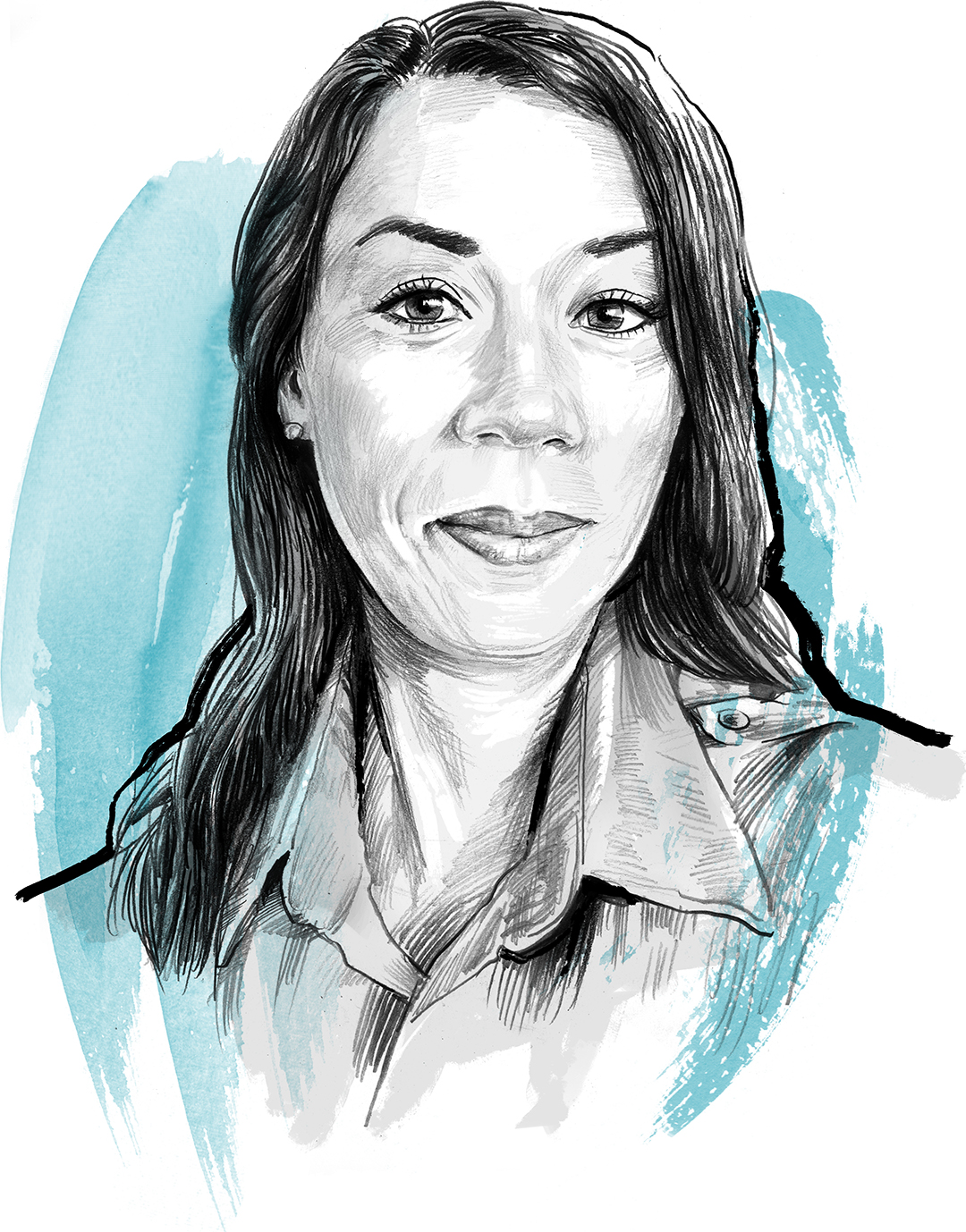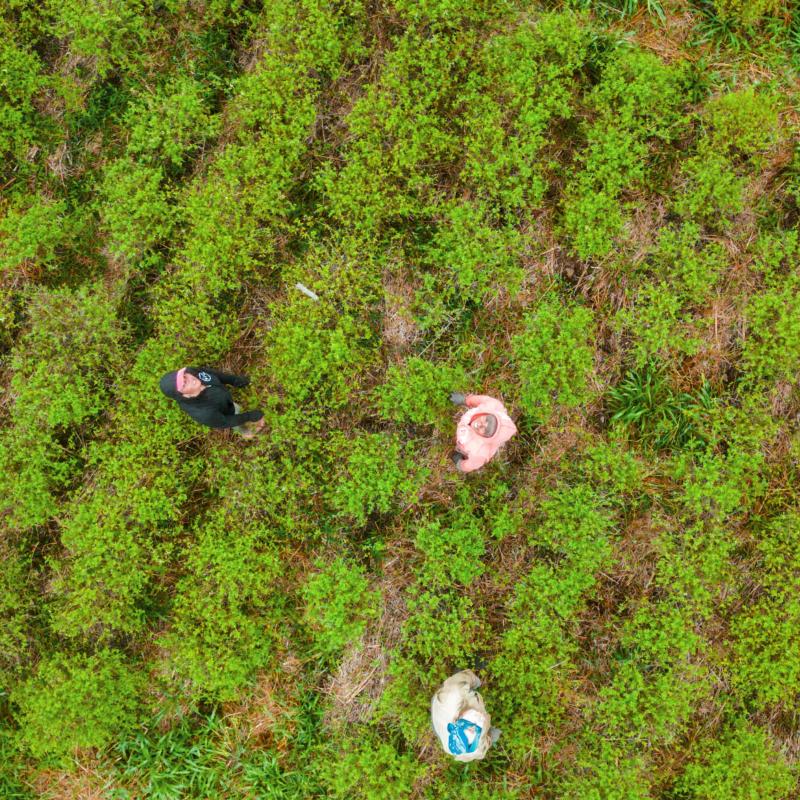The women park rangers work for Costa Rica’s National System of Conservation Areas (Sistema Nacional de Áreas de Conservación, SINAC). GIZ supports the agency and other partners in Costa Rica on behalf of the German Federal Ministry for Economic Affairs and Energy. The project is part of the International Climate Initiative (IKI). The objective is to support the country’s exemplary implementation of the international biodiversity targets and its national climate goals. Preserving biodiversity is closely connected with climate resilience.
‘Being a park ranger is a dream job for many of us’
Laura Díaz is one of 105 women park rangers in Costa Rica’s conservation areas. Women are still outnumbered as rangers. Yet Costa Rica is employing more and more women rangers in biodiversity protection and climate action.

Ms Díaz, what does your nature conservation work in Costa Rica involve?
We look after our forests and focus on conserving flora and fauna. So we are present in the protected areas and – through monitoring and awareness-raising – try to prevent the destruction of ecosystems due to illegal logging and the poaching of protected species. It’s important to explain to people how essential it is that biodiversity remains intact. That’s why we work in the villages, primarily with the people who live in and off the forests. Schoolchildren are one of our most important target groups.
Is your work different from that of your male colleagues?
Even though only around 30 per cent of park rangers are women, we enjoy full gender equality in our work and we have the same tasks as the men. Women rangers are slightly more involved in environmental education.
It’s important to us to balance family life and work. We’re in different situations – single women, divorcees, mothers. For the mothers in particular, it isn’t always easy to be separated from their families for several days at a time when they’re out in the protected areas. So we do sometimes miss our children’s birthdays. Nonetheless, for many of us this is a dream job because we can play an active part in protecting nature and everyone can see exactly what skills we have.
How has GIZ supported gender equality for women rangers?
GIZ’s support has made us aware of our rights, such as rights relating to working conditions. This has enabled us to articulate and assert our interests. For example, we managed to ensure that women rangers who are breastfeeding do not earn less and can continue working in nature conservation. We’re proud of drawing up an inter-institutional gender policy based on our experiences, which we handed over to the Ministry of Environment and the Ministry for the Status of Women in early 2024.
More on the web


